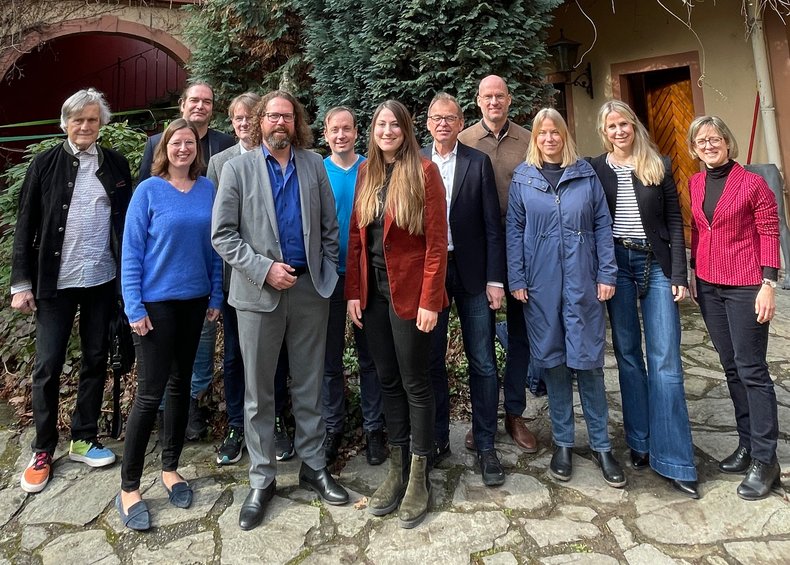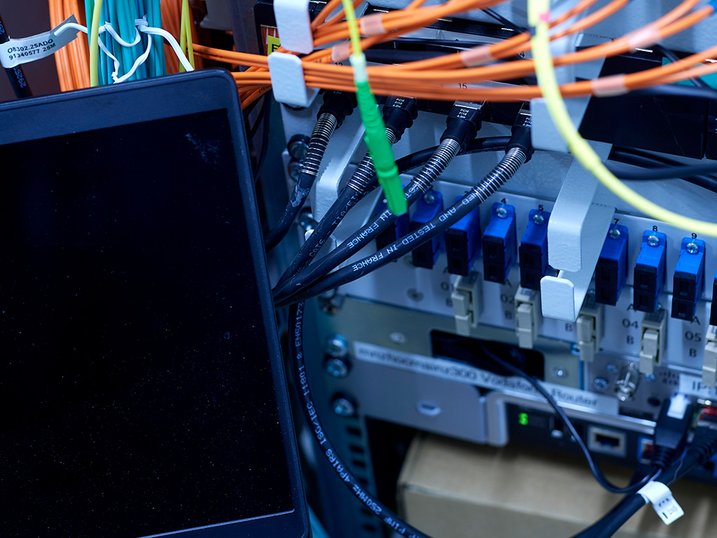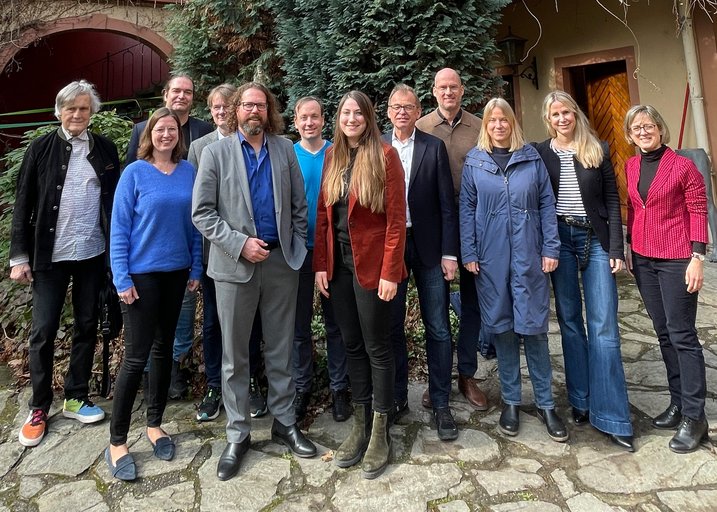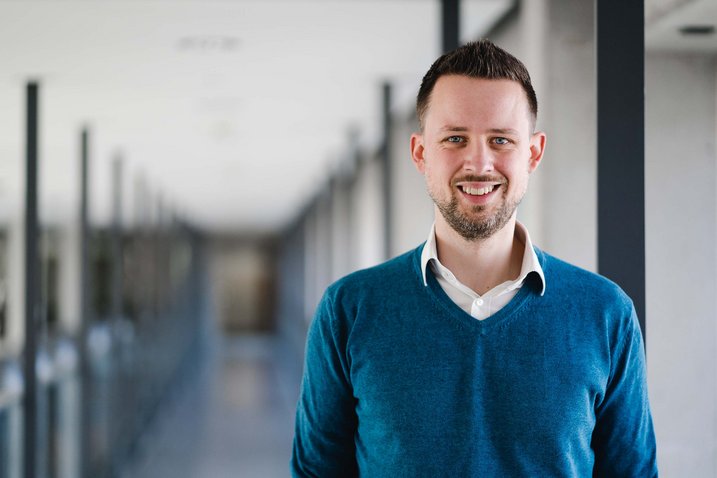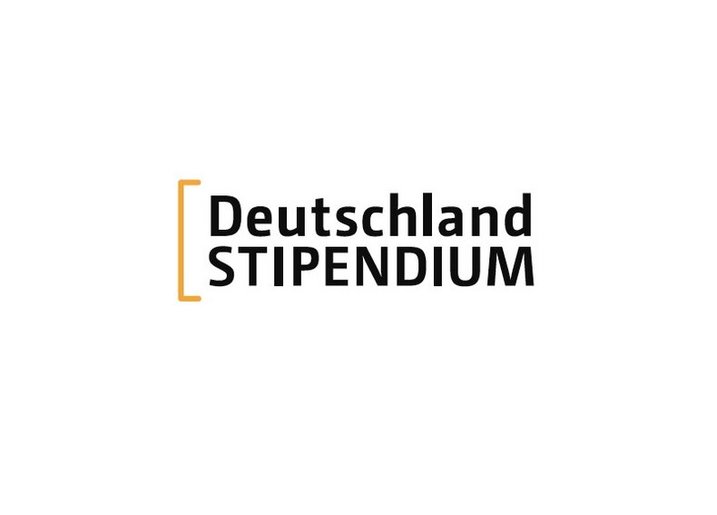Schott Music supports doctoral student researching innovations in music teaching at Mainz University of Applied Sciences and Johannes Gutenberg University Mainz
Can digital tools revolutionize music education? Science and industry have joined together to find the answer to this question. In collaboration with Mainz University of Applied Sciences and Johannes Gutenberg University, Schott Music has launched the cooperative doctoral project DigiMuBi (Digitale Lernformate in der Musikbildung aus der Perspektive von Medienpädagogik, Informatikdidaktik und Medienmanagement (Digital Learning Formats in Music Education from the Perspective of Media Education, Computer Science Didactics, and Media Management)). The aim is to research the possibilities offered by digital learning formats in music education.
Janna ten Thoren from Mainz University of Applied Sciences is conducting the research. Prof. Dr. Sven Pagel from Mainz University of Applied Sciences and Prof. Dr. Jasmin Bastian from Johannes Gutenberg University Mainz are supervising and supporting her in an advisory capacity. Fortunately, the collaboration partners were able to acquire “InnoProm” funding from the state of Rhineland-Palatinate and the EU, with participation from the Economics Department at Mainz University of Applied Sciences, Schott Music, and the Strecker Foundation.
“The competent use of digital tools is an important socio-political task. At the WIMM research group, we are delighted to be implementing the third InnoProm project that combines science, business, and practical applicaitons through innovative research,” says Prof. Dr. Sven Pagel, strategic project manager for DigiMuBi at Mainz University of Applied Sciences.
A native of Lower Saxony, Janna ten Thoren moved to Mainz ten years ago for her studies. She has been involved with music since she was a child and learned to play the piano using the “Piano Kids” piano method published by Schott Music. She spent time abroad in South Africa and Indonesia teaching piano in schools and social facilities, gaining valuable experience as a music teacher.
In addition to researching digital learning media, the three-year DigiMuBi project also focuses on analyzing economic and societal aspects. The focus is on understanding the integration of digital tools in various educational environments and analyzing their acceptance and impact. Various learning settings (such as group situations or self-learning) are analyzed and digital teaching formats, such as interactive apps, are tested. One particular focus is on investigating the needs, requirements, and acceptance of digital methods at music schools and general education schools to identify the most effective technological and pedagogical approaches for fostering musical understanding and music in the practice.
As one of the leading music and media publishers, the project’s collaboration partner Schott Music has a wide range of contacts, provides insights into the development of music education products and services and, thanks to the transfer of expertise, is an ideal partner for the project, where innovative digital education tools and methods that have the potential to fundamentally transform music learning and teaching are being investigated.
“Digitalization offers fantastic new opportunities for music education. Through the DigiMuBi project we want to understand how we can best use these technologies to deliver genuine value to both learners and teachers. We want to make our experience and network available to academia to explore the possibilities of digital tools and ultimately democratize and diversify access to music education,” says Denis M. Freiberg, Managing Director of Schott Music.
DigiMuBi started with a kick-off event in February 2025, where the participating researchers, professors, and staff of Schott Music and the Strecker Foundation came together. Progress will be reported at regular intervals during the project, and the results of the project will be made available not only to the scientific community, but also to the general public.
Background information
With the “InnoProm” funding program, Rhineland-Palatinate supports application- and practice-oriented doctoral projects that promote concrete innovations in Rhineland-Palatinate companies. The objective is to bring together innovation-relevant knowledge and entrepreneurial needs quickly and efficiently to develop possible solutions for innovative entrepreneurial issues in specific pre-competitive R&D projects. By qualifying young researchers, the funding program also makes an important contribution to securing the supply of skilled professionals. This is supported by funds from the European Regional Development Fund (ERDF).
